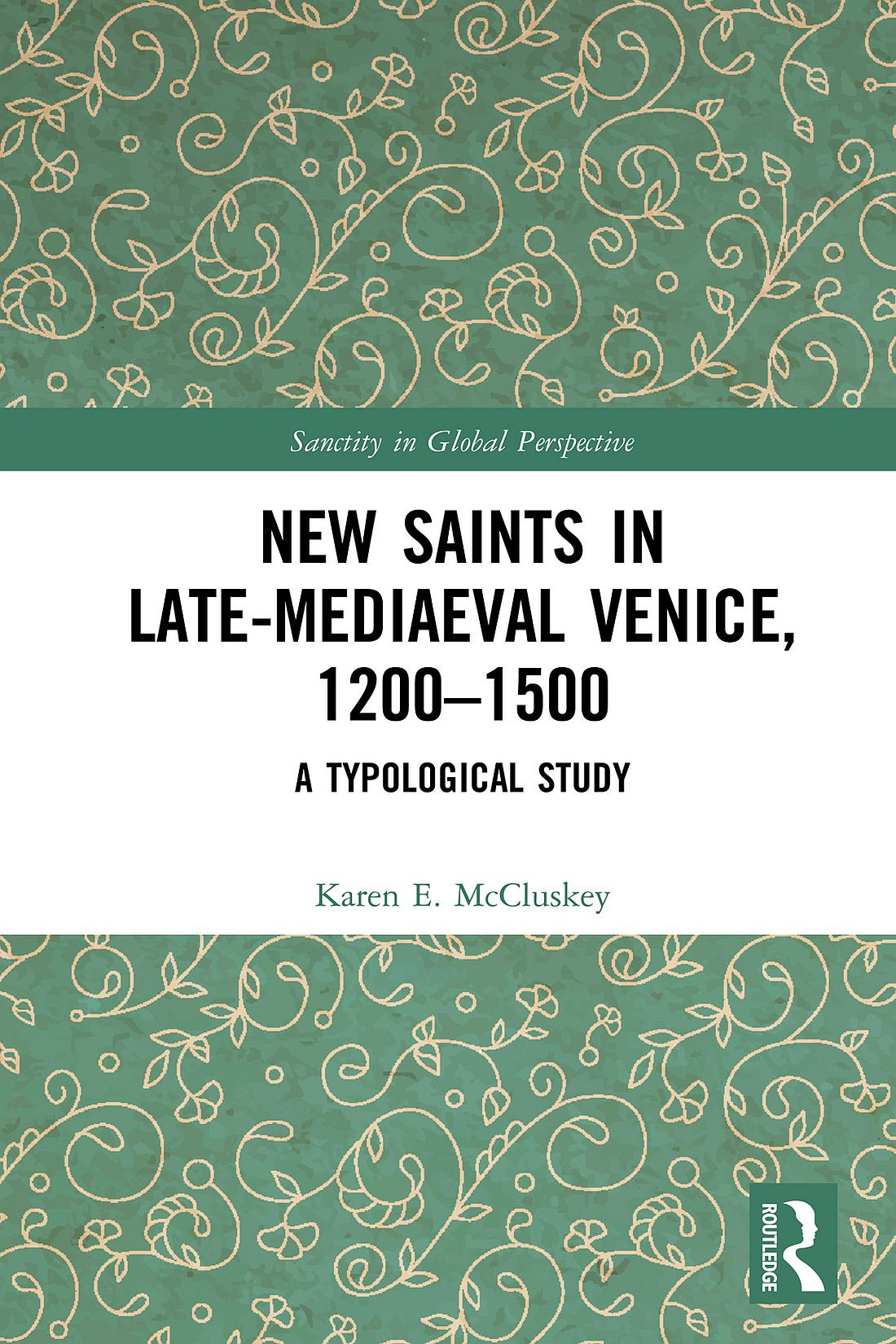

Most ebook files are in PDF format, so you can easily read them using various software such as Foxit Reader or directly on the Google Chrome browser.
Some ebook files are released by publishers in other formats such as .awz, .mobi, .epub, .fb2, etc. You may need to install specific software to read these formats on mobile/PC, such as Calibre.
Please read the tutorial at this link: https://ebookbell.com/faq
We offer FREE conversion to the popular formats you request; however, this may take some time. Therefore, right after payment, please email us, and we will try to provide the service as quickly as possible.
For some exceptional file formats or broken links (if any), please refrain from opening any disputes. Instead, email us first, and we will try to assist within a maximum of 6 hours.
EbookBell Team

0.0
0 reviewsThis book focuses on the comparatively unknown cults of new saints in late-mediaeval Venice. These new saints were near-contemporary citizens who were venerated by their compatriots without official sanction from the papacy. In doing so, the book uncovers a sub-culture of religious expression that has been overlooked in previous scholarship.
The study highlights a myriad of hagiographical materials, both visual and textual, created to honour these new saints by members of four different Venetian communities: The Republican government; the monastic orders, mostly Benedictine; the mendicant orders; and local parishes. By scrutinising the hagiographic portraits described in painted vita panels, written vitae, passiones, votive images, sermons and sepulchre monuments, as well as archival and historical resources, the book identifies a specifically Venetian typology of sanctity tied to the idiosyncrasies of the city's site and history.
By focusing explicitly on local typological traits, the book produces an intimate and complex portrait of Venetian society and offers a framework for exploring the lived religious experience of late-mediaeval societies beyond the lagoon. As a result, it will be of keen interest to scholars of Venice, lived religion, hagiography, mediaeval history and visual culture.